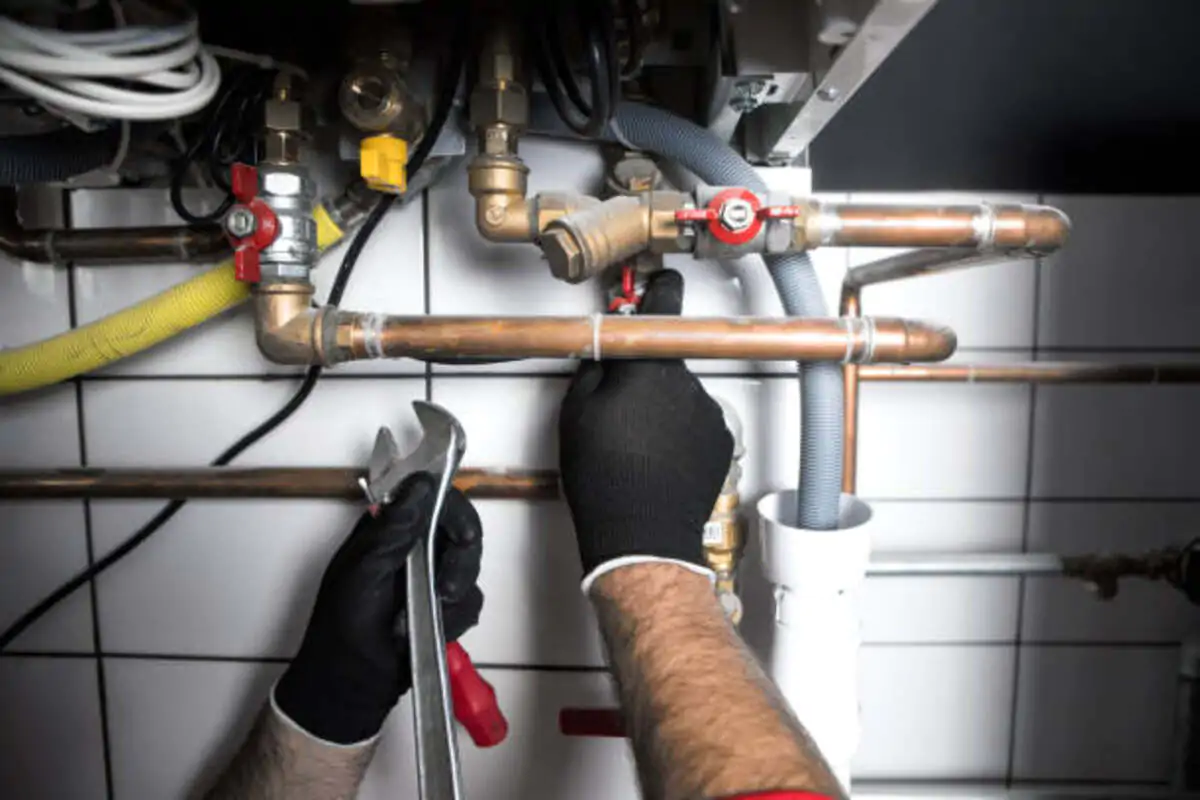

When home plumbing issues arise, most homeowners’ first reaction is to panic. Burst pipes, clogged drains, and leaky faucets can quickly spiral into expensive emergencies if left unattended. While calling a plumber may seem inevitable, take heart: arming yourself with information ahead of time can lead to more affordable solutions. Understanding what questions to ask and which details are most pertinent when requesting a quote for plumbing services leads to more accurate project quoting and greater customer satisfaction.
Before picking up the phone, gather details about the specific plumbing situation that has emerged in your home. When speaking to plumbing companies, provide as much information as possible, including accurate descriptions that clearly outline the problems. This allows professionals to comprehensively understand your unique project’s precise needs before visiting your property to thoroughly examine things firsthand and provide the most accurate pricing options possible. Specify things like the exact location of leaks, the types of pipes affected, the age of the plumbing system, and any previous issues. The more background information you can provide upfront, the better the plumbing companies can assess the situation and provide reliable quotes for the required work. This leads to a smoother process for everyone involved down the line.
Pinpoint and record issues affecting your plumbing as precisely as possible. For example, note the locations of leaks and cracks, which drains or supply lines are clogged, descriptions of unusual noises, etc. Include details about affected plumbing fixtures such as faucet types, pipe materials, drain sizes, and water heater specs that are accessible. Photos and video footage are also helpful additions for plumbers assessing the situation from afar. Compile thorough background materials before calling for quotes so all pertinent information is readily available when needed.
Make a note of any details about safely accessing affected areas within your home so professionals can gauge required equipment and labor needs before a visit. Information like crawlspace depth and entry point locations, attic accessibility routes, gate access codes, and potential obstacles impact service quotes and scheduling. Understanding your property layout streamlines an applicable, accurate quoting process.
Once sufficient background details on your unique plumbing situation have been compiled, you can call for quotes. There are vital points professionals will need you to cover as they calculate accurate pricing ranges. Additionally, asking thoughtful questions shows you are an engaged, informed customer committed to intelligent solutions. Following is a checklist of must-ask quote questions to have on hand:
The quoting process varies by company, so understand how they formulate pricing. Some base quotes on fixed rates, while others charge hourly or by the job. Confirm if surprise fees could emerge later so final costs align with initial quotes. Asking for an approximate price range is perfectly acceptable before committing to appointments.
Clarify what is covered when requesting a quote for specified plumbing needs. For example, does drain cleaning include unlimited drain access attempts, pipe investigations via camera, removal of blockages, and line jetting? Or are aspects like diagnostic testing, equipment fees, debris removal, permits, etc., additional? Refrain from assuming everything required to remedy issues observed onsite will be bundled into initial quotes.
Ask if office staff generate quotes or if quotes come directly from technicians doing the work. Tech-sourced quotes are more reliable since they account for intricacies only skilled tradespeople would recognize onsite. Also, clarify if employees or subcontractors have staff jobs. Employee workforces enable greater quality control and accountability.
Request quote conversations lay the groundwork for plumbing repairs but shouldn’t mark the end of information exchange between homeowners and professionals. Weigh all options carefully based on the provided pricing and service details. Seek clarification on anything unclear before signing agreements. Share scheduling requests and payment term preferences to align understanding. Keep channels of communication flowing well beyond the quoting phase so you know what to expect every step of the way—being an engaged customer who understands what questions to ask makes for smoother plumbing repair experiences.
Read also: Home Comforts: Tailored Residential Plumbing Services
For authors who would love to become better essayists, among the free grammar and spelling…
Kavya Maran: Love Life and RelationshipsWhen it comes to prominent personalities from the business world…
Your essays should be simple, easy to understand and complete. Not just that, you ought…
Introduction: The Qualified Organization Income (QBI) Deduction, generally known as the Section 199A deductions, is…
A research paper can be considered the culmination of a person's academic career. It's also…
If you're planning to hire someone to write your composition, you would like it to…